
Outdated regulations hamper the Philippines' renewables progress: analyst
Policies failed to keep up with technology.
Barriers to small island grid uptake of modern renewable energy power include outdated regulations that have not kept up with technology, according to the Institute of for Energy Economics and Financial Analysis (IEEFA). Indeed, the Philippines presents a prime example of how techno-economic change has outpaced government regulation.
Under current regulation, for example, no incentives exist for island electric cooperatives (or those in SPUG areas) to procure cheaper sources because whatever the outcome, savings accrue exclusively to the missionary fund and none to the franchise ratepayers.
This is a classic case of moral hazard. This system tends to be biased against renewable generation because franchise managers would rather stick with diesel generation they are used to, even though more expensive.
Here's more from IEEFA:
Section 12 of the Renewable Energy Act of 2008 mandated the DoE, upon recommendation of the National Renewable Energy Board (NREB) to set a minimum renewable energy uptake in off-grid areas from available renewable resources in the islands.
According to Pete Maniego, former NREB chair, the recommendatory task was delegated to NPC-SPUG. As of June 2016, however, NPC-SPUG had not made any final recommendations. Since sunlight is abundant in all off-grid areas, the binding constraint would be land availability, and anecdotal evidence suggests large tracts are available.
Furthermore, the tariff-setting system for island electric cooperatives under the ERC is based on cash adequacy for operating and maintenance costs and an arbitrarily set cap on capital expenditures.
This means there is no incentive for electric cooperatives to even be more efficient or reduce costs. Private distribution utilities, on the other hand, benefit from a
performance-based regulation, which leads to operational and investment efficiency.Still, private distribution utilities lack incentives to procure least-cost power supply because of full pass-through of fuel costs on contracts that address demand from captive customers, most of which are residential.
Prudent reform would have the ERC and NEA set up and enforce policy to require electric cooperatives and private distribution utilities alike to optimize procurement. Such reform would reduce the cost of electricity by tightening competition between power generators.
For fossil-fuel power generators, up to 80% of operating cost comes from fuel. Optimizing procurement levels the playing field for renewable power generators and reduces the UCME cost for ratepayers and taxpayers by phasing out subsidies for imported diesel.
The ERC and NEA can amend their tariff-setting system to favor performance and thus award gains as a result of increased efficiency and lower costs. It is clear that from a technological standpoint, there is the capability to implement cheaper alternatives, but in terms of integrating that capability into government regulation, there has not been much progress.
Cooperatives will also require training in renewable energy supply procurement—in part because of unfounded fears of running afoul of their diesel contract obligations.
The Department of Energy (DOE) can enjoin NPC-SPUG to speed up hybridization of its plants and to install maximum renewable energy for incremental load and in new sites identified for electrification. Moreover, the NEA can direct electric cooperatives to be technology-neutral in the procurement of power.

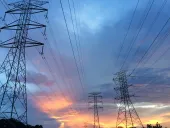
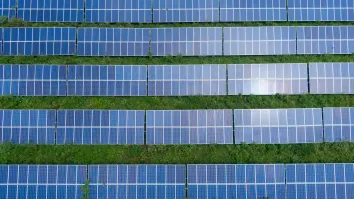
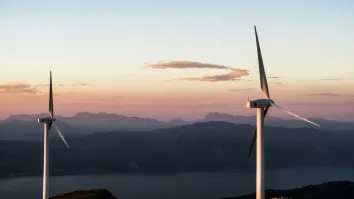

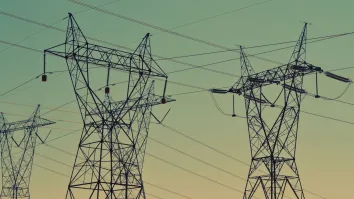
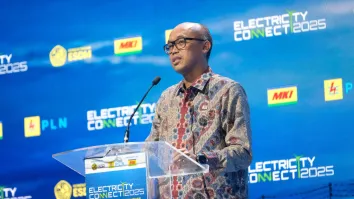
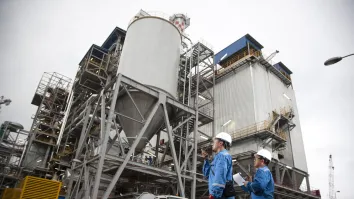


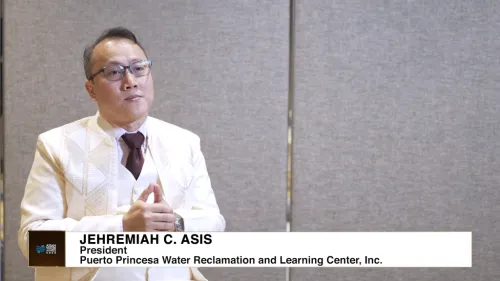
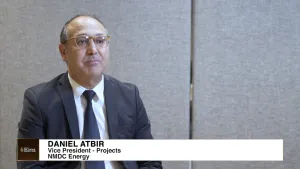
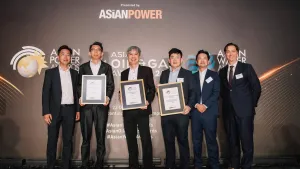
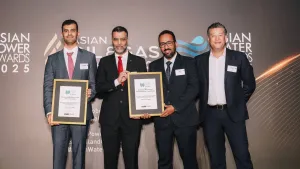


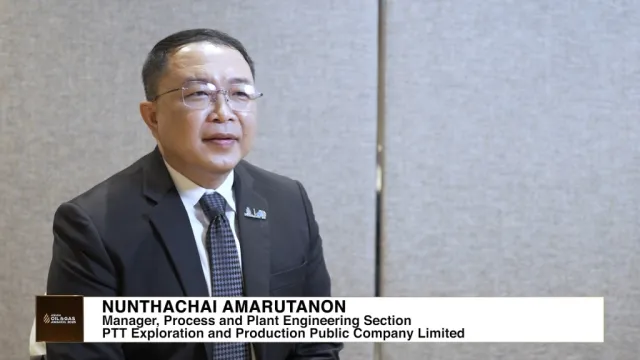


 Advertise
Advertise






